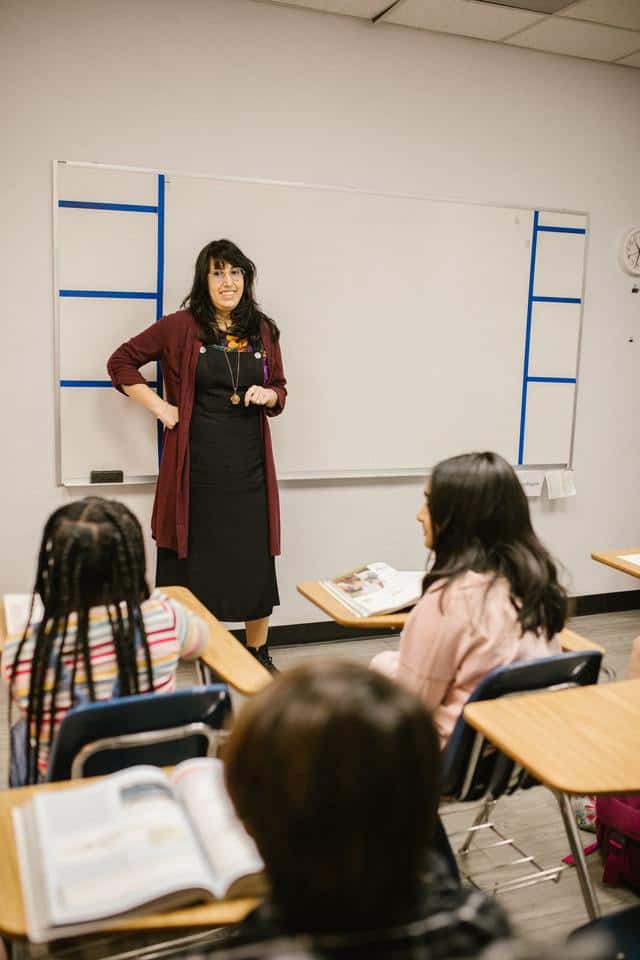How Can We Support Mental Health in Education Today?

Over the past year, all of us who work in educational fields have found ourselves stretched in ways that would have seemed impossible not that long ago. We have had to become technology experts, be able to keep children engaged via zoom meetings, as well as be able to respond to the various traumas that our students are experiencing. These new responsibilities have meant that we have needed to focus on our own mental health and the mental health of our students all while not often feeling fully supported in our roles in the classroom.
The State of Educator’s Mental Health
Many of us educators are experiencing new levels of anxiety, stress, fatigue, and burnout. It can often feel like we are being asked to do everything, all at once, while receiving little support for the challenges we are facing. Our experiences as educators are not unique and studies have shown that employee mental health has worsened across the board. Almost all professions have experienced higher levels of stress over the past year. Often as educators we are expected to be superheroes and be able to juggle everything without struggling or needing additional support. These expectations on top of our wishes to always do our best for our students means we need to focus on our own mental health. We need to put on our own air mask before being able to help students and parents.
The State of Student’s Mental Health
We are also finding that our students are struggling with a wide range of mental health issues. For example, many students are experiencing high levels of stress and depression which is making it hard for them to focus on their school work and is causing them to act out in the classroom. Sometimes stress is related to particular events in a child’s life, while other times it is simply a result of the collective stress we are all feeling after almost 2 years under COVID. More of our students are coming into our classroom already burdened with trauma. It is important to note that most kids are doing their best and if our students appear to be struggling we should acknowledge this is often a symptom of other challenges in our students’ lives.

Identifying Mental Health Challenges in the Classroom
For us to help identify the challenges our students are experiencing it is important that we have a complex and holistic understanding of mental health. This means we need to educate ourselves, as well as staff, parents, and students about the symptoms of mental health challenges. It is important that we are able to connect those who are struggling with mental health to numerous resources which are available. Knowing when someone needs to reach out for extra support and where to reach out in such situations can make a big difference. This knowledge helps create an environment that minimizes the shame and stigma that is often found around seeking mental health support.
Creative Ways That Mental Health Is Being Addressed
As the education field has changed, more and more individuals are moving towards alternative educational programs that have the time and space to focus on mental health. For some parents this looks like exploring local alternative schools in Delaware, California, Arizona, or wherever they live, while for others this means taking children out of the school system completely and homeschooling them instead. In either case the appeal is having an education program that can be adjusted to the mental health needs of each student. These programs often include a more hands-on and holistic curriculum. If a student is expressing high levels of stress, educators can take the time to lead them in breathing exercises or allow the student to go for a short walk to help them refocus. Including mental health in the curriculum can positively impact both students and educators.
Right now, both us educators and our students have been experiencing high levels of stress, anxiety, and depression. To create a classroom that can serve everyone it is important to be able to identify when someone is struggling with mental health and to know where to go for assistance. All too often when someone is lost in a mental health crisis, they feel all alone and embarrassed or shameful about needing help. If we can put mental health at the focus of our classrooms our students will be able to thrive.








